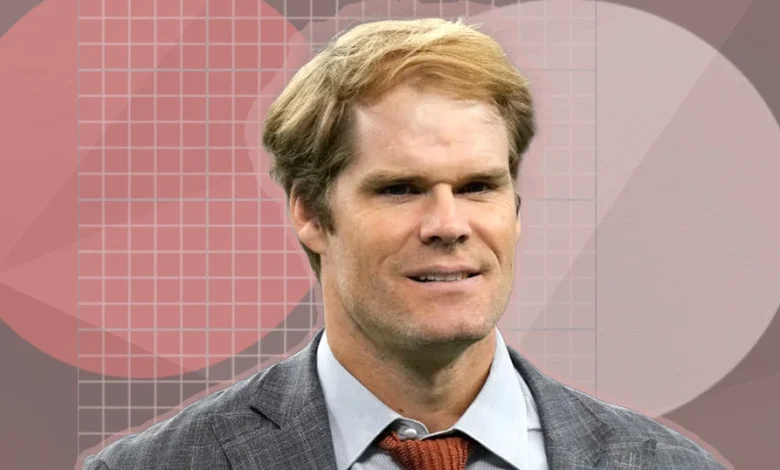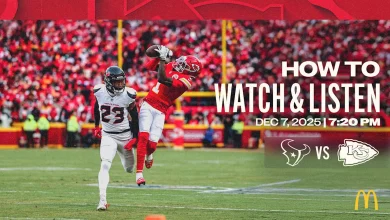Greg Olsen explains why he ‘hates’ when NFL media, coaches say ‘take the points’

Greg Olsen is taking aim at one of the most common phrases in NFL media.
Throughout the season calling games for Fox Sports, Olsen has made it his mission to highlight how the league’s new kickoff rules are greatly altering the field position calculus for teams in the red zone. In a viral rant on the SI Media podcast last month, Olsen said the “days are over” for 30-yard field goals.
In Chicago last weekend, Olsen was suddenly faced with a perfect example to illustrate his point. And as always for the two-time Emmy winner, Olsen was on top of it.
Up seven early in the fourth quarter, the New York Giants took the field goal from the 1-yard line to go up 10 points. If that wasn’t enough, head coach Brian Daboll (since fired) even declined a penalty that would have given his team first down inside the 1-yard line to come away with three points.
It was a perfect example of what NFL old-timers mean when they say to “take the points.” The old thinking goes that forcing the opponent to have to score multiple times to catch up is the most sound decision compared with risking no score at all.
And it is exactly the kind of thinking that Olsen said he “hates” in a follow-up interview this week on The Ryen Russillo Show.
“I love game-winning field goals. I love strategic field goals. I don’t love field goals under the notion of, ‘take the points,’” Olsen explained. “I hate the phrase ‘take the points.’ I hate when commentators say it, I hate when coaches say it, I hate when the media says it. I don’t know what ‘take the points means,’ it doesn’t make sense to me.”
Olsen is increasingly giving into the mentality of an obnoxious teenager who has no chill playing Madden, to basically never kick a field goal unless it’s a last resort.
“I wouldn’t say I hate [field goals]. I hate goal-to-go field goals where I’m getting three points and then I’ve gotta go kick off,” he said. “Generally speaking, unless it’s to win the game or end of half scenario, or just a fourth and unreasonably long, a goal-to-go situation, I’m in four-down mode until I just can’t feasibly go for it anymore, and I’ll take three points.”
While Olsen acknowledged that Daboll was likely more conservative because backup QB Russell Wilson was in the game rather than the athletic Jaxson Dart, the point remains. And Olsen believes it all comes down to the clock.
If New York went up 10 knowing that the Bears would not have enough time to score twice, then Daboll made the right call. In reality, Olsen believes that the Giants not only made a play-calling mistake but also lost the field position game.
If they went for a touchdown on 4th-and-1 (or a potential 1st-and-1 if they accepted the penalty) and failed to score, Chicago would get the ball back with 99 yards to go for a touchdown. Instead, a touchback now gives teams the ball at the 35-yard line. In the Bears’ case, they returned the kick all the way to the 36.
“The way I look at it is we have to take great responsibility in how we phrase the game,” Olsen said. “So when I’m up 7, yes kicking a field goal technically makes it a two-score game. But as we found out, if you score twice — and I consider scoring [to be] scoring touchdowns — you’re up by two scores, I score twice. How did I win? Because you weren’t really up two scores. You were up one score and a field goal. They’re not the same. They’re not equal.”
From multiple angles, Olsen believes the Giants’ failure at the goal line and eventual loss illustrates his point. Teams should be going for the jugular each time they possess the ball, especially when “failure” actually hurts the other team’s field position so much more now.




